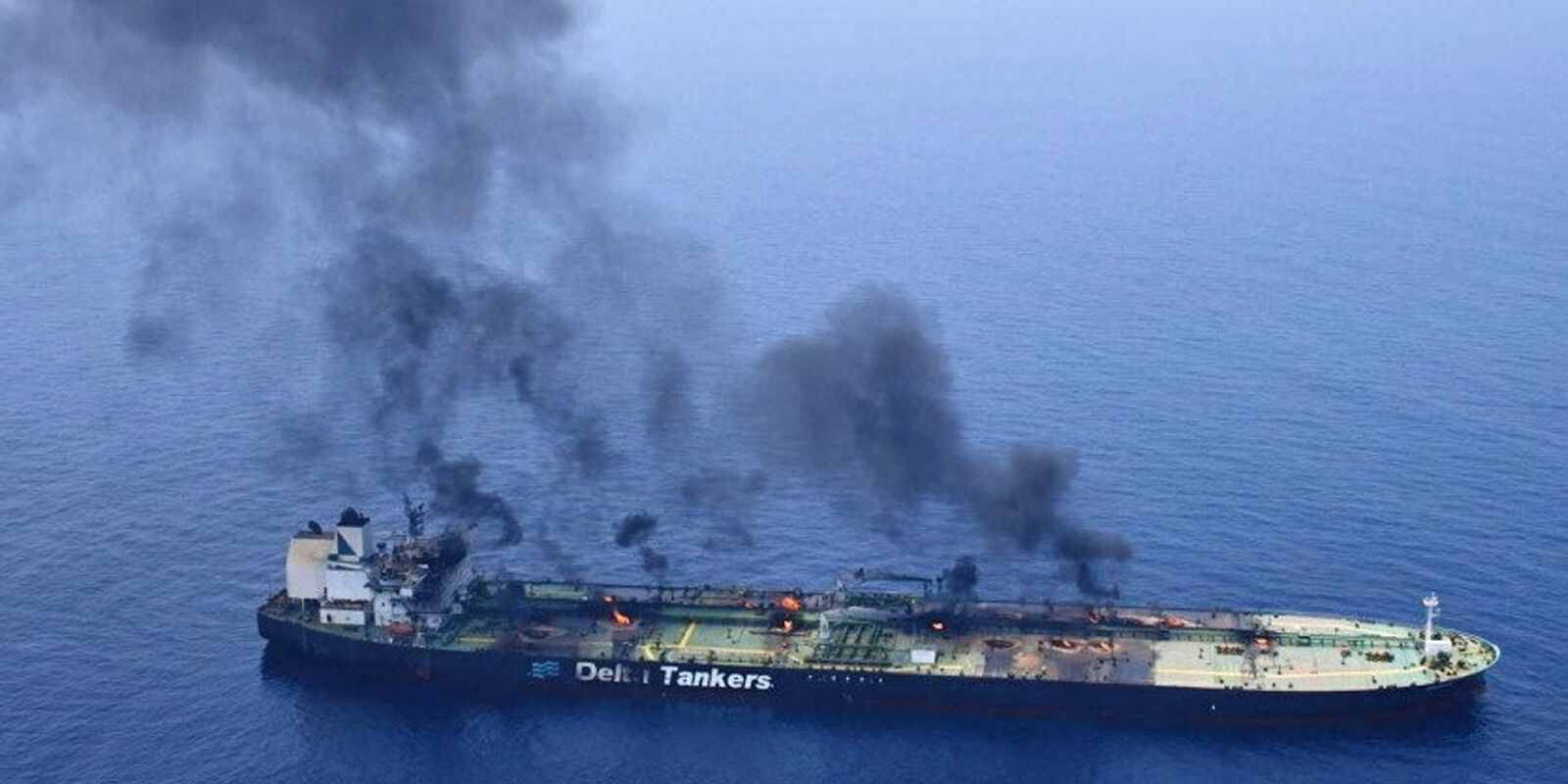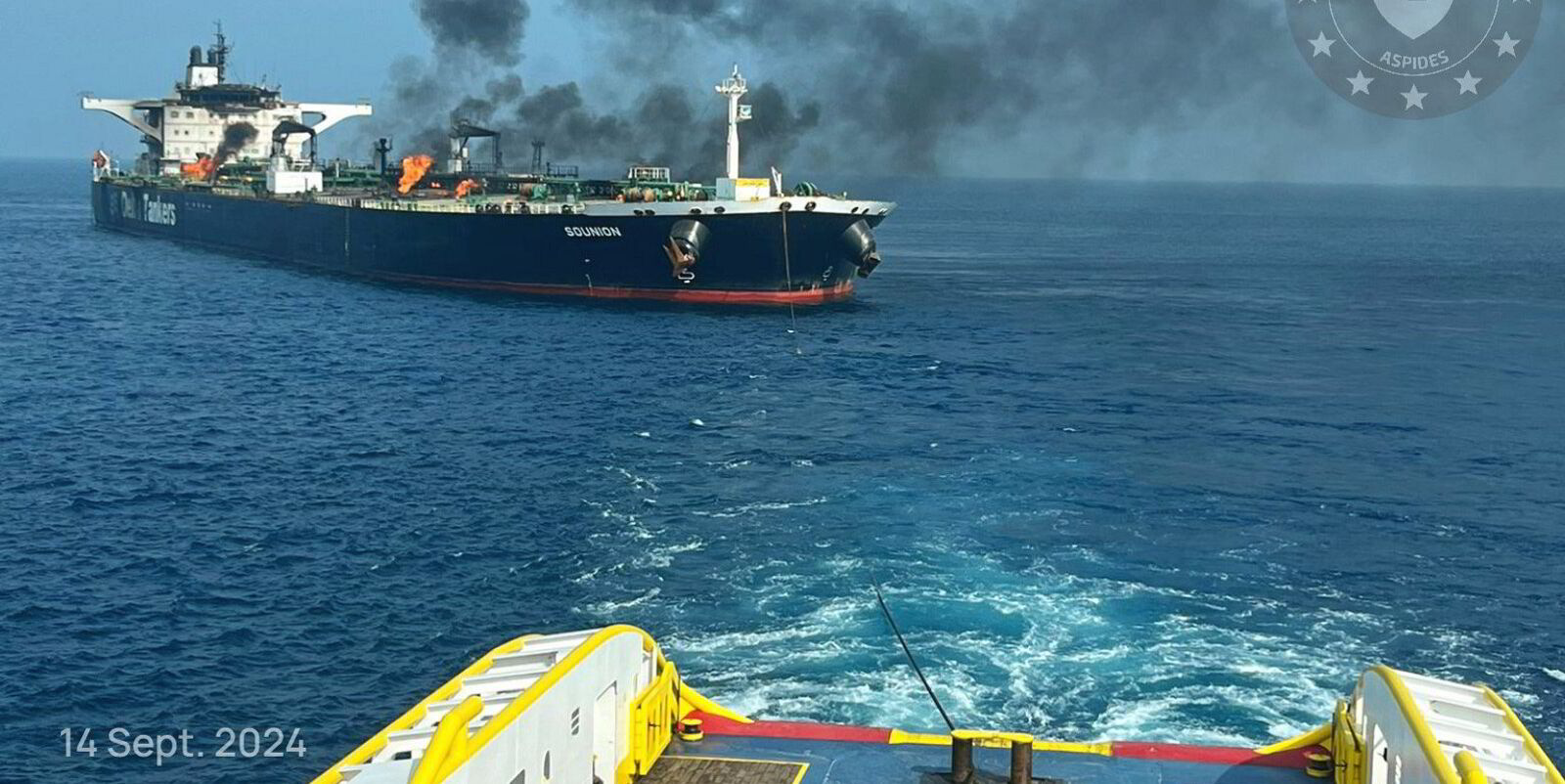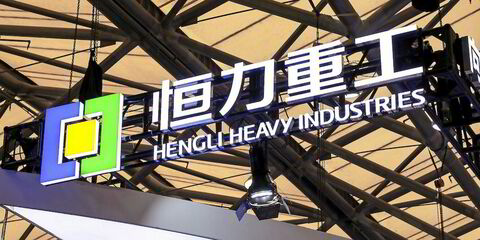Western governments have few tools to end the crisis in the Red Sea as the attacks have proved so successful in promoting the Houthi cause, a meeting of marine insurance underwriters was told on Monday.
The dwindling power of the US and the potent propaganda harvested by the Houthis from burning vessels in the Red Sea have left major government and shipping interests with limited options after 10 months of constant attacks, according to analyst Elisabeth Braw.
“In terms of the West, there is nothing that anyone can do or say that will convince the Houthis to change their tactics,” Braw, a senior fellow at the Atlantic Council think tank, told a meeting of the International Union of Marine Insurers.
The meeting in Berlin warned of a looming era of uncertainty, protectionism, global disputes and the potential of other rebel groups to follow the Houthis’ lead, all threatening to destabilise shipping markets.
A victory for Donald Trump in the 2024 presidential elections could lead to further upheaval, with a failure to back Ukraine forcing Kyiv into peace with Russia and renewed support for an Israeli offensive in the Middle East as the US concentrates on confronting Iran, the conference was told.
The limited impact of sanctions has highlighted how countries opposed to US policy have been able to join forces to counter them, the conference was told in a gloomy assessment of the future of frictionless trade.
“When there’s light at the end of the tunnel, somethings it’s just another train,” said security analyst Dr Konstantinos Tsetsos, from the University of the Bundeswehr, Munich.
A wave of interlinked geopolitical disputes — dubbed polycrises — with the ability to damage international trade is a key focus of discussions of IUMI’s conference, marking 150 years since the formation of the lobbying group.
The Red Sea crisis has led to ships rerouting around the Cape of Good Hope, adding distance and emissions to voyages with Suez Canal transits down sharply in 2024.
The attack on the 163,800-dwt Sounion (built 2006) has further focused attention on the potential costs of geopolitical upheaval for insurers and coastal states that could be affected by oil spills.
The Sounion has war risk cover with Brit’s Keel Consortium, which is leading the clean-up.
The Delta Tankers-owned ship has protection and indemnity cover with Norwegian insurer Gard, but the policy excludes losses caused by war or terrorism.
The war risks insurer has primary responsibility for the casualty and the first $172m of any claim, including third-party clear-up costs.
The Sounion, loaded with nearly 1m barrels of oil, is now being towed under military escort in an operation that started nearly four weeks after the initial attacks last month.

But senior figures in the insurance industry have questioned whether commercial insurers are best placed to run salvage operations, with the experience and financial heft to deal with third-party claims normally resting with P&I clubs.
IUMI president Frederic Denefle warned that concerns over the insurance status of under-insured shadow fleet vessels could shift the burden of clean-up costs onto coastal states.
And he said that shipping was among the first victims of a decline in the liberal global order and the start of polarised conflicts that have spread to the Black and Red Seas.
“Geopolitical cracks we experienced since Russia attacked Ukraine have not slowed down,” he said.
“Sound economic growth needs marine transits through various chokepoints in the world to remain absolutely free.
“This is certainly a principle which has to be understood” by the world’s decision-makers, he said.
Read more
- Fires, collisions and oil spills: 50 tanker incidents shine a light on shadow fleet risk
- Geopolitical strife biggest threat to global shipping routes, warns IUMI chief
- Salvage armada starts towing stricken Delta Tankers vessel in Red Sea
- Red Sea and Panama Canal disruption cost economy $1.25trn, says Russell Group
- Sailing through Houthi Red Sea hotspot now is ‘insane’, says shipowner





